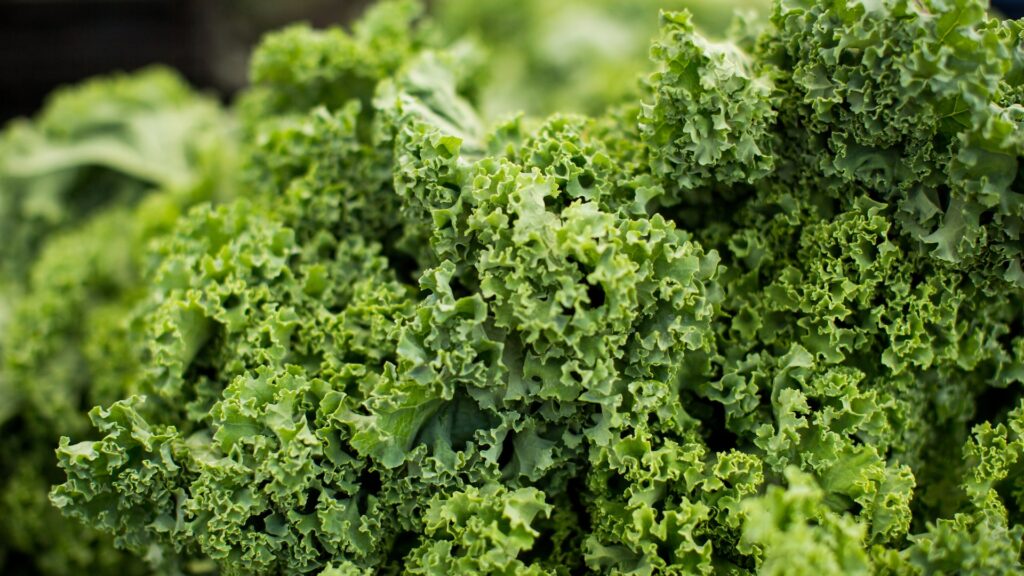Introduction:
Organic farming has gained significant attention in recent years due to its numerous benefits for both the environment and human health. By avoiding the use of synthetic fertilizers, pesticides, and genetically modified organisms, organic farming promotes sustainable agriculture practices that prioritize the long-term well-being of our planet. In this blog post, we will explore the advantages of organic farming, including its positive impact on soil health, biodiversity, food security, and climate change mitigation.
1. Improved Soil Health:
One of the key benefits of organic farming is its ability to enhance soil health. Organic farmers use natural methods such as composting, crop rotation, and cover cropping to enrich the soil with beneficial nutrients and microorganisms. This leads to improved soil structure, increased water retention, and enhanced nutrient availability for plants. As a result, organic farms have higher levels of soil organic matter, which contributes to better soil fertility and long-term productivity.
2. Preservation of Biodiversity:
Unlike conventional farming practices that often rely on monoculture crops, organic farming promotes biodiversity. By avoiding the use of synthetic chemicals, organic farmers create a more natural habitat for beneficial insects, birds, and other wildlife. This, in turn, helps to control pests naturally and fosters a healthier ecosystem on and around the farm. Preserving biodiversity is not only essential for the balance of our ecosystems but also for the long-term sustainability of agricultural production.
3. Pesticide-Free Farming:
One of the primary concerns with conventional farming is the use of pesticides. These chemicals can have harmful effects on human health, animal life, and the environment. Organic farming eliminates the use of synthetic pesticides, reducing the exposure of farmers, consumers, and nearby communities to these toxic substances. By choosing organic produce, individuals can enjoy food that is free from pesticide residues, making it a healthier and safer choice for everyone.
4. Climate Change Mitigation:
Organic farming plays a crucial role in mitigating climate change. By avoiding the use of synthetic fertilizers, organic farmers reduce the release of greenhouse gases such as nitrous oxide. Additionally, organic practices focus on enhancing soil organic matter, which acts as a carbon sink, absorbing and storing carbon dioxide from the atmosphere. This not only helps to mitigate climate change but also improves soil resilience against extreme weather events.
5. Improved Food Security:
As our global population continues to grow, ensuring food security becomes a pressing concern. Organic farming contributes to food security in several ways. By relying on natural and sustainable methods, organic farmers reduce their dependency on expensive inputs, making farming more accessible to small-scale farmers. Organic farming also increases the nutritional quality of crops, providing healthier and more wholesome food options for consumers.
Conclusion:
Embracing organic farming practices is a crucial step towards a greener and more sustainable future. By prioritizing soil health, biodiversity preservation, pesticide-free farming, climate change mitigation, and improved food security, organic farming offers numerous benefits for both the environment and human well-being. By choosing organic produce and supporting organic farmers, we can make a positive impact and pave the way for a more sustainable and healthier agricultural system.

